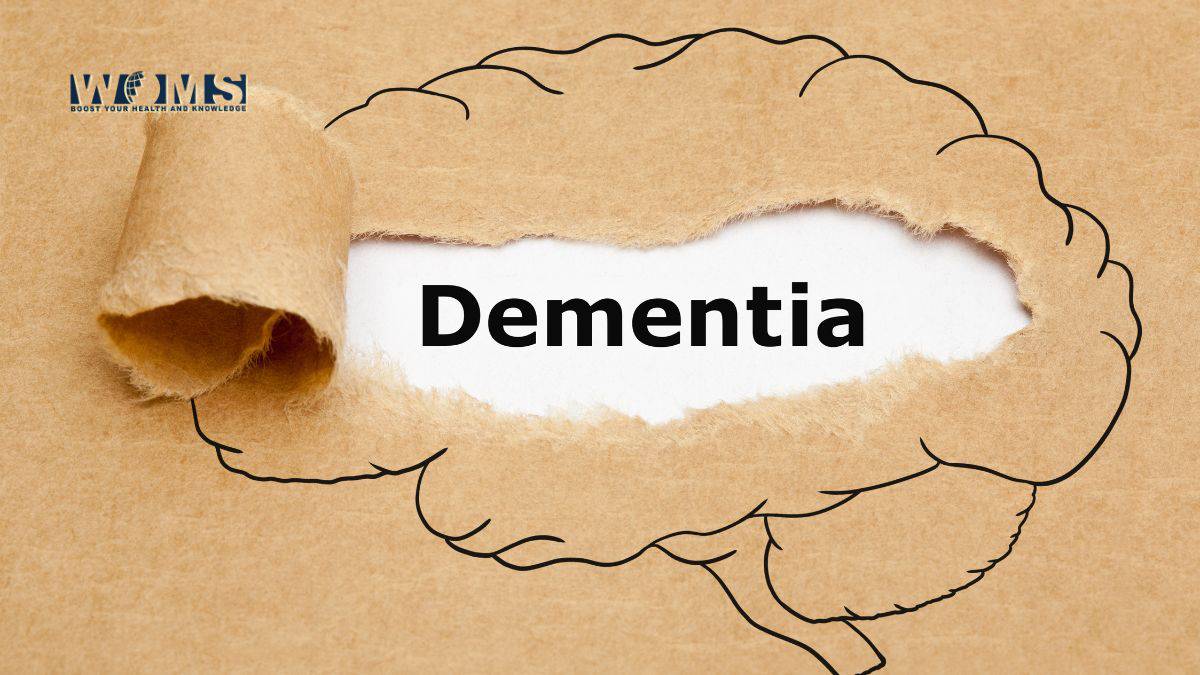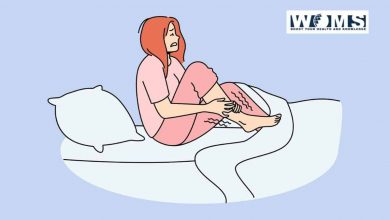Understanding Senile Dementia: An Insightful Guide

With the increase in longevity, disorders like dementia have become more common among the elderly population. It is essential to be equipped with knowledge about conditions that are prone to affect our loved ones, ourselves, or individuals under our care. This guide provides comprehensive information on senile dementia, a common and severe form of dementia. Specifically, we focus on understanding the disease, recognizing its early signs, identifying its causes, exploring treatment options, and discussing coping mechanisms. Keep reading to gain a clear understanding of senile dementia.
Understanding the Basics of Senile Dementia
Senile dementia, also known as later-life cognitive impairment, is a broad term that encompasses several types of dementia. It primarily affects individuals in their senior years. The phrase “senile dementia” is often used to refer to Alzheimer’s disease, which contributes to the vast majority of dementia cases. Senile dementia is characterized by a progressive decline in cognitive abilities, impacting one’s memory, thinking, language, and decision-making skills. While forgetfulness is a normal part of aging, the cognitive changes in dementia go beyond this.
The severity of the symptoms intensifies over time, making daily life a challenge for affected individuals. Senile dementia is a major health issue worldwide, with millions of people currently living with the condition. While dementia is associated with increasing age, it isn’t considered a normal part of aging. It is a syndrome, indicating it’s a group of related symptoms, not a disease in itself. The cause is usually a disease, most often of Alzheimer’s or stroke origins.
Recognizing the Early Signs and Symptoms
The early signs of senile dementia may be subtle and vary greatly between individuals. Common early symptoms include memory loss impacting daily activities, difficulty in performing familiar tasks, confusion with time and place, challenges with visual and spatial abilities, and withdrawal from social activities. Emerging symptoms may be mistaken for normal aging or stress. Early detection not only allows for treatment to begin sooner, but it also provides the opportunity for the person with dementia to make decisions about their care and future before their cognitive abilities decline.
As dementia progresses, signs like poor judgment, mood and personality changes, and severe memory loss emerge. Individuals may forget important personal details, such as their home address or their own phone number, or become confused or anxious in unfamiliar places. Frequently forgetting and misplacing things or having difficulty holding a conversation are other red flags. This progressive nature is one of the defining characteristics of dementia. Recognizing these signs can prevent misinterpretation and facilitate timely medical intervention.
Therapeutic Options for Senile Dementia
A cure for senile dementia does not exist, but medications can ease some of its symptoms. These medications may slow the symptom progression or improve the quality of life for individuals with senile dementia. Primarily, treatments for senile dementia aim to slow the progress, manage behavior, mood, or sleep problems, and maintain mental function. Two types of medication are commonly used: cholinesterase inhibitors and memantine. These have shown some promise in reducing or at least slowing the rate of cognitive decline.
Non-drug therapies can also manage some behavioral symptoms. For instance, cognitive stimulation therapies involve activities and exercises to improve memory, problem-solving skills, and language ability. Social interaction and support from loved ones can manage the progression of the disease. It can also assist in maintaining quality of life for as long as possible. Medical professionals often recommend a comprehensive treatment approach combining medical and behavioral therapies.
Coping Mechanisms and Lifestyle Changes for Better Management
Living with senile dementia necessitates lifestyle changes to manage the condition. Such adjustments include creating a safe and supportive living environment, adhering to a daily routine, and encouraging physical, mental, and social activities. Stress management strategies such as meditation, listening to relaxing music, looking at old photos, or spending time in nature can reduce anxiety and improve mood. You also have to foster a social environment that supports positive emotions and self-efficiency.
Modifying communication techniques can also be beneficial. Short, simple sentences and familiar words can make communication easier for someone with senile dementia. It also helps to speak slowly, maintain eye contact, and use physical touch to convey your message. Ultimately, coping with dementia is a long-term adjustment, both for the person living with the condition and for their caregivers.
As you can see early detection and effective management are crucial in navigating through the challenges of senile dementia. By educating ourselves, we can play a significant role in spreading awareness about this chronic condition and supporting those living with senile dementia in leading a quality life. If you follow our advice, then you can trust that you’re taking the best possible care of yourself and your loved ones.




